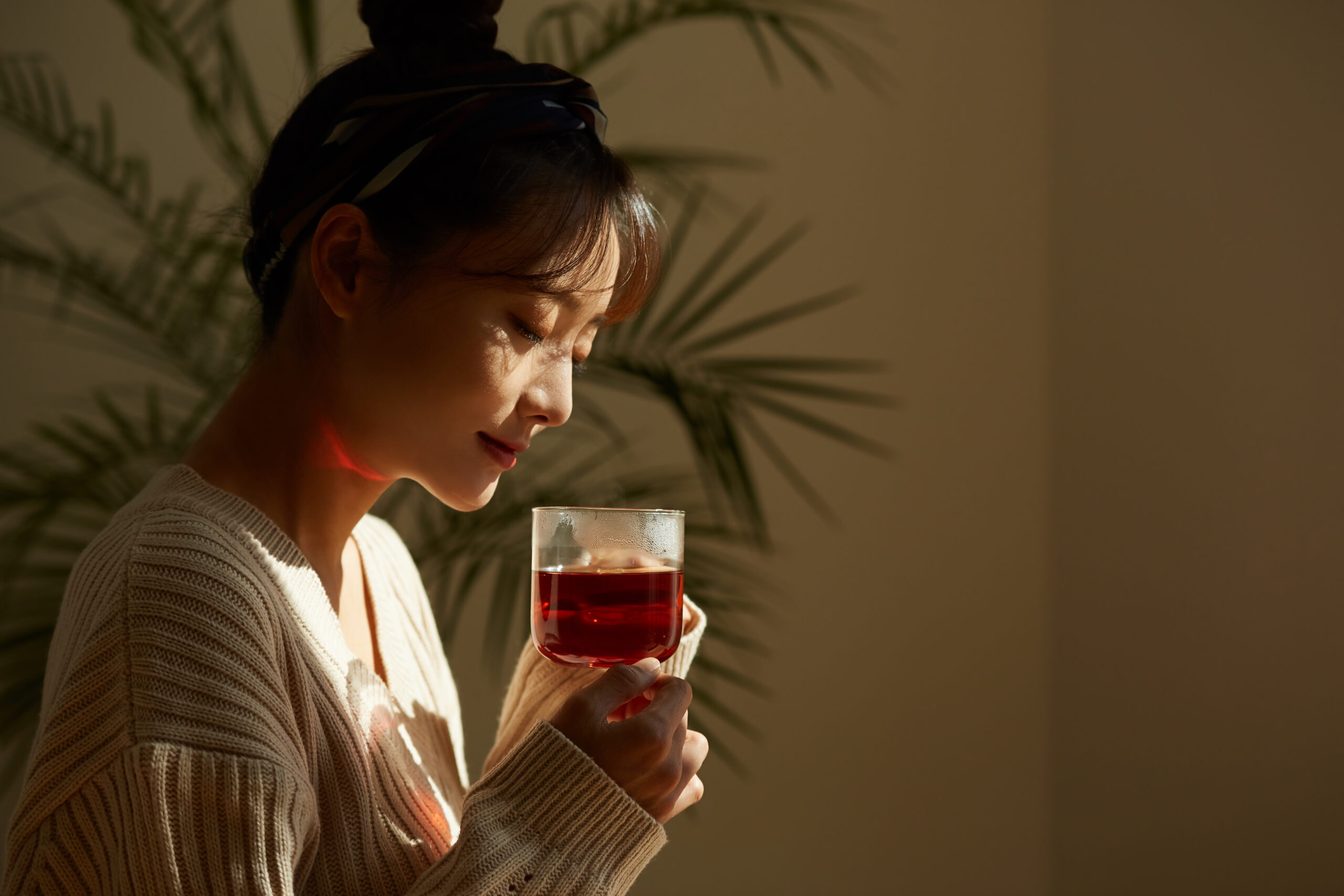Table of Contents

When melancholy strikes, it's tempting to reach for the quickest pharmacological fix.
But what if nature already encoded medicines for the mind in roots, flowers, and leaves?
For a growing contingent of the depression-prone, herbs offer a gentler yet potent path to reclaiming inner light. Here are five botanical allies brewing with mood-brightening potential:
1. St. John's Wort: Nature's Prozac?
No list of antidepressant herbs would be complete without an ode to St. John's Wort. This sunny flowering plant has proven as effective as standard SSRIs in clinical trials, likely thanks to its ability to prolong serotonin's tenure in the brain.
Yet unlike pharmaceuticals, St. John's Wort pairs its blues-busting power with a favorable side effect profile. Just beware of mixing this potent herb with other meds ― always consult an expert to avoid risky interactions.
2. Saffron: Precious Spice, Mood Elixir
Worth its weight in gold for culinary and medicinal applications alike, saffron also shows promise as a natural mood elevator. In head to head studies, this exotic spice matched the efficacy of imipramine and fluoxetine for treating mild to moderate depression.
Compounds like crocin and safranal likely impart these benefits by modulating the release of "feel good" neurotransmitters like dopamine. Luckily, a little goes a long way ― just a pinch could help recalibrate your neurochemistry.
3. Rhodiola: The Burnout Buster
When stress and exhaustion compound depression, rhodiola can be a game-changer. This revered adaptogen helps the body and mind contend with stressors, easing the burden of burnout.
The root's active compounds, rosavins, and salidroside, appear to enhance the brain's sensitivity to mood-regulating molecules like serotonin and norepinephrine. The result? More resilience in the face of emotional turbulence.
4. Lavender: Soothing Nervous System Salve
Lavender's lulling aroma already cements its status as a calming staple, but this flowering herb offers more than olfactory therapy.
Supplementing with lavender oil has been shown to quell the anxiety and rumination that often accompany depression, likely by tempering cortisol output.
The upshot of this stress hormone modulation? A more easeful physiological state conducive to emotional equilibrium. Lavender truly offers solace for the senses and the psyche alike.
5. Lemon Balm: The Serotonin Sidekick
Zingy and uplifting, lemon balm provides a citrusy infusion of levity. This mint family member interfaces with GABA receptors to instill a sense of tranquility, while also optimizing serotonin activity.
The net effect is a rosier, less reactive disposition ― even in the face of foul moods or harrowing circumstances. Lemon balm's antidepressant effects are potent solo, but may be synergistically enhanced when combined with other herbs on this list.
Integrating Herbs Into A Holistic Treatment Plan
While these green remedies offer real promise, they are not panaceas. The most effective depression treatment leverages herbs as part of a comprehensive program, not as a standalone solution.
By working closely with a qualified herbalist or naturopathic physician, you can artfully fold botanicals into a regimen that also prioritizes therapy, social connection, nourishing meals, movement, and life-giving hobbies ― true pillars of mind-body vitality.
This integrative approach empowers you to address the many faces and roots of depression, from the physiological to the emotional and transpersonal layers.
As with any medicine, what works for one will not necessarily work for all. Our unique neurochemistry, health histories, and sensitivities color our individual responses to herbs.
Patience, attunement, and expert guidance are key to finding your unique botanical blueprint for inner radiance. But when you land on that sweet spot, you may just find yourself marveling at nature's apothecary, brimming with remedies to soothe the beleaguered spirit ― leaf by precious leaf.
AD
Most Recent
AD
